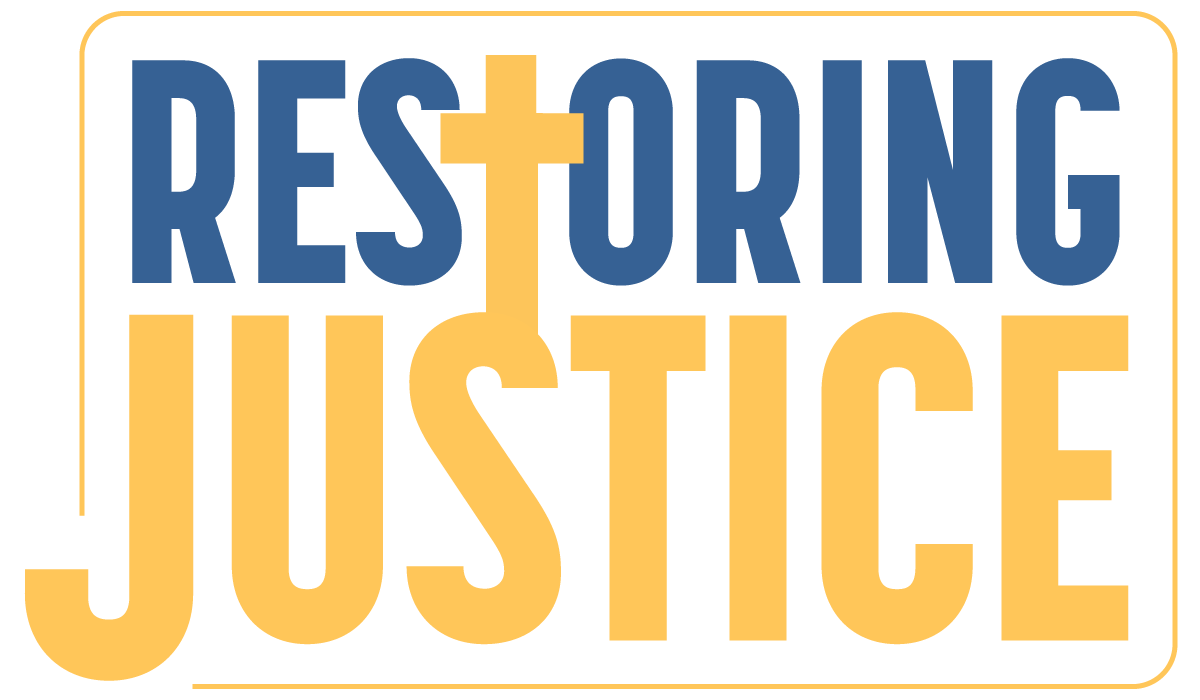Creating Change agents
Our next step while we continue to realize more freedom for the people who need it most, is to create innovative change agents to spark systemic improvements. Right now, there is no pipeline for the growing number of passionate law school graduates who want to commit to this work. We will begin implementing a service model by recruiting underutilized new attorneys from law schools for a limited-term fellowship to instill holistic and client-centered representation practices. We will support these promising attorneys to adopt our love-focused values and scale our model.
When we started, we were working against a culture mindset that every criminal lawyer has to start at the prosecutor’s office. We have helped change that mindset locally, and can now innovate against the culture of “meet ‘em and plead ‘em” defense attorneys. Our innovative attorneys will love first, with the passion of new eyes on injustices, and will begin to spark change in the broader culture of indigent defense. We can provide a higher level of service by ensuring our training and supervision infrastructure is strong with values-aligned professionals. Creating a special program will also allow new culture-building opportunities to constantly feed our organization, as well as directly enacting systemic change from impact projects.
Nationally, public defender employee turnover rate is extremely high, and will likely remain high no matter what we do. Instead of working against that constant pressure, this fellowship program leans into a natural progression by limiting time commitments for front-line advocacy. Our fellows will be encouraged to continue this work and would become some of the strongest client-centered and holistic public defenders, court-appointed counsel, and social justice advocate candidates available in the country. Setting this expectation early will encourage an ongoing upbeat and positive contribution to the struggle, rather than constantly working against secondary trauma realities and burn-out. The fellowship’s leadership must have a strong foundation and infrastructure, which we are building.
Each fellowship will begin in September after the law school graduates have taken the bar exam and recovered. Their 2-year fellowship with us will follow a timeline that has been intentionally structured to allow a humble and loving progression of attorney growth for optimal implementation of true client-centered and holistic care for every single client they serve.
Please reach out to any Restoring Justice team member for further explanation of our intentions for this fellowship process. A couple points on the timeline also deserve deeper explanation here. After learning the hardships of holistic care during the first three months, their first legal assignments will be parole clients. Parole work is almost always mitigation-focused. The necessity to focus primarily on mitigation affects an attorney’s advocacy in a way that centers the client. Indigent defense innovation requires improved mitigation for any type of case. Therefore, parole work can necessarily instill holistic representation values for attorneys. This first step is a great service to people sentenced to prison and an incredible training tool to have new attorneys handle a parole case as their first legal assignment. Additionally, every defense attorney is required to advise clients on possible parole consequences, and this engagement allows them to experientially learn that advice to provide expert service to all our clients.
Starting at the end of their first year, each attorney will propose a System Impact Project. They will highlight the injustices felt strongest by those most in need in our system. We have previously been successful with projects like heightened discovery litigation and reducing jail phone costs, giving our team impact project experience that we can teach to the fellows.
Formalized Impact Project ideas by every fellow would expand their views on the possible impacts they can make to the system, and will spark broader changes.
Examples of project ideas that they could develop include:
Jail phone costs and communication costs minimization
Court-setting private consultations with in-custody clients (right now there is no chance to have private conversations with clients in custody during court, which is the most pertinent time our clients need advice)
Discovery/Disclosure Accountability
Restorative Justice/Community Courts
Civil Rights Initiative (aided by a current project with Civil Rights Corp.)
Family Defense
Charging Document/Intake System Legality
Courthouse Releases/Elimination of unnecessary “processing out” of jail
The fellows will work with the entire RJ team on their projects for oversight and guidance on how to identify and implement policy change ideas, including what partners to utilize and funding needs (cost) and opportunities (i.e., grants) for their chosen project. They will think broadly about how to incorporate fundraising and budgeting towards their goals and effecting change in the system, while also giving them higher exposure and leadership opportunities with our partners, strengthening our partnerships along the way. The projects necessarily involve identification and the combination of: impact litigation (lawsuits), policy work (educating elected officials/govt. service providers), and public advocacy (publicity campaigns, town halls, marches, and other actions).
These formalized projects would also allow us to stay responsive to the most immediate and biggest needs of our clients while encouraging the fellows to explore long-term career opportunities beyond front-line representation. In their final year, the fellows will continue their client-centered and holistic representation, help mentor the new class of fellows, and implement their System Impact Project. Upon graduation from their two-year fellowship, they will always be a part of our community through ongoing alumni networking programs.
In order to reach our goal of having an inaugural fellowship attorney class begin in September 2024, we are building a strong infrastructure. We will first ensure that sustainability for our skilled leadership exists to guide high-quality and culture-aligned representation. Once resources allow for proper growth, our fellows will be properly guided in client-centered representation and innovating holistic indigent defense. When the first fellows graduate, we will commence an alumni network program to magnify the benefits of an intentional positive public defender networking community. We currently have a three year plan to realize the fellowship program implementation.


